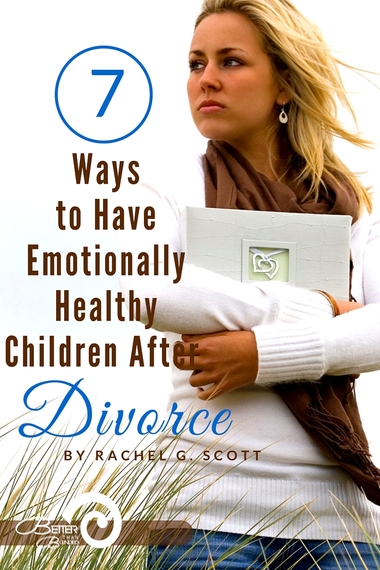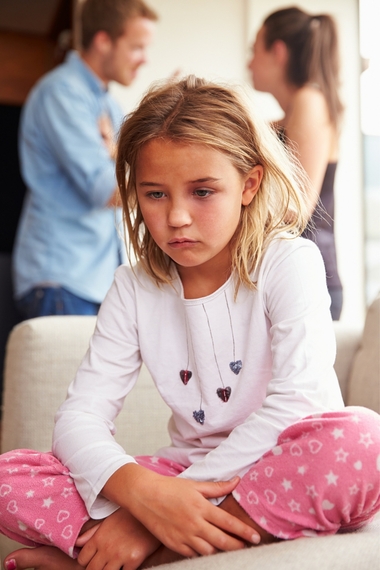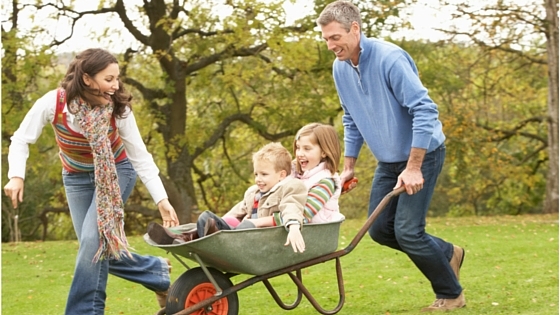As the child of divorced parents I can vividly recall the day that I was told that my parents would be getting divorced. My sister and I were both seated. My sister was sitting on the cushioned chair while I was seated on our pink carpeted floor. As both my parents stood in front of us, they uttered the words that no child desires to hear, "We're getting a divorce."
I had only recently become familiar with the term divorce because my elementary school started a small group for children of divorced parents a few weeks earlier. For some reason I remember knowing that I would be in that group one day even though I never knew my parents had issues. They never argued in front of my sister and I, nor did they seem like they didn't love each other. Yet whatever was going on in their world led them to the painful reality that divorce would be best.
My sister's response to the news was tears and hysteria while mine was calm uncertainty. Questions ran through my mind. What does this mean for me? Where will I go? Will they still be friends? What now? These questions and many more bombarded my thoughts as I watched life, as I knew it, take many turns. Although I remained sane through the process, I continued to add questions to my list that I hoped someone at some point would stop and answer.
My love for my parents continued to grow as I embraced the truth that they responded the best way they knew how. With no parents to guide them and no nonjudgmental sources of wisdom to direct them, they focused on moving on with their lives as best they could. So my life moved along. Changes happened and I returned to school to function as a seemingly normal 8 year old.
Years down the line I found myself in a similar situation making a similar mistake. I removed myself from a bad marriage, got divorced and kept moving forward. I minimized the effect that my divorce would have on my children because they were still toddlers. Yet, a broken home isn't easy for anyone. All who were once in the home are impacted by the brokenness in some way.
In an attempt to find a new normal for my children and I, I brushed their past life under the rug as if it didn't exist and began implementing a whole bunch of "News;" new house, new family, new school, new routine, new life. I never took the time to explain to them in a child like manner the nonexistence of their old. I anticipated that the new things in their life would be so amazing they wouldn't miss the old. But that isn't what happened. They enjoyed the new but at some point they both wanted to go back through their world of new things and find an explanation to why the old things just...disappeared.
Hindsight is 20/20 and this has proven to be true for me. My past experiences have taught me that their is a proper way to respond to a child after divorce. Although we may be in the habit of brushing things under the rug, this is not a healthy response for children or adults. Children need a safe place to land their thoughts, feelings and emotions and we should be that safe place.
Here are 7 ways you can be intentional about being that safe place for your children and fostering healthy healing after divorce.
- Be Safety: Be a safe place for your child to share their thoughts, feelings and emotions.
A healthy and fulfilling life after divorce will not happen without some effort on our part. It will require for us to be intentional with our interactions, as well as, supportive. If we desire to have children that are emotionally healthy we must be willing to make the sacrifice. No one is perfect but everyone can be intentional.


